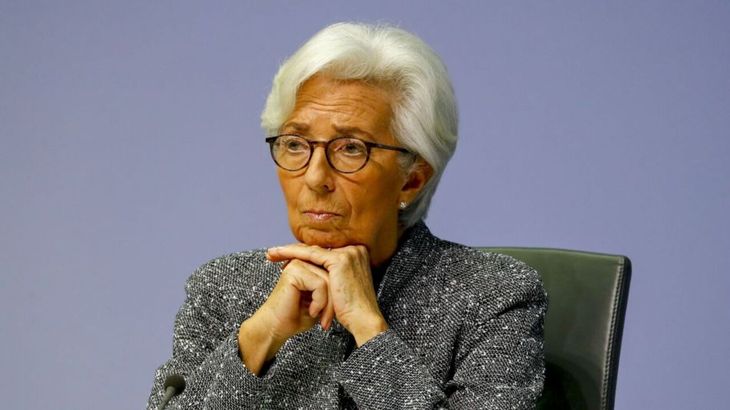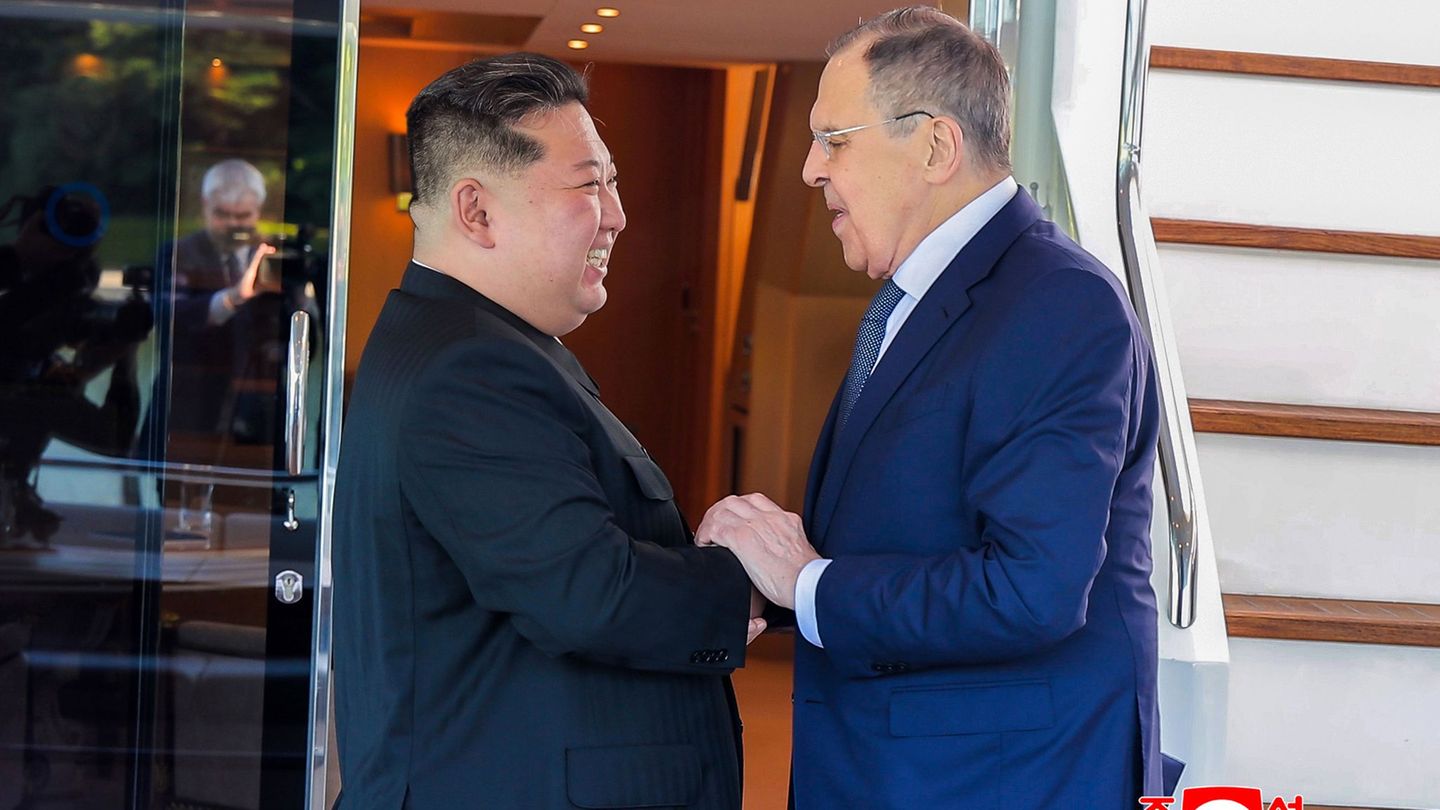In a statement, the ECB highlighted that the disinflationary path is progressing as planned and that recent negative surprises in economic indicators have also influenced the inflationary outlook.
He European Central Bank (ECB) decided to reduce the interest rate for the third time this year this Thursday, as a measure in the face of weak economic growth, the deterioration of the labor market and the decrease in inflationary pressures. The ECB reduced its deposit rate by 25 basis points, placing it at 3.25%, aligning with analysts’ expectations, in an implicit recognition that inflation, currently below 2%, could stabilize around that objective faster than expected.
The content you want to access is exclusive to subscribers.
Despite this, the bank offered no indication of its next moves, although markets anticipate further cuts in the three future meetings, which would take rates from a growth-restrictive level towards a neutral one by the end of next year. In a statement, the ECB highlighted that the disinflationary path is progressing as planned and that recent negative surprises in economic indicators have also influenced the inflationary outlook.


This cut was foreseeable after several ECB officials were in favor of accelerating monetary relaxation, given the context of weak growth data and the favorable evolution of inflation, which fell to 1.7% in the last month, marking its lowest level in three years.
What the ECB said about inflation
However, the ECB noted that although domestic inflation remains high due to strong wage growth, labor pressures should gradually ease, cushioning their impact on prices.
Lagarde.jpg

This cut was foreseeable after several ECB officials were in favor of accelerating monetary relaxation.
Despite these moves, monetary policy “hawks” who advocate a tighter stance remain opposed to a rapid rate cut, worried about a possible inflationary spike in the coming months. Factors such as volatile energy costs, strong wage demands from unions and rapid growth in utility prices continue to put pressure on national inflation, which could remain elevated for some time.
In contrast, the “doves”, who advocate further easing, believe that growth is so weak that, if the ECB does not intervene soon to stabilize the economy, inflation could fall further and fall below the target, forcing the bank to shift its focus from controlling rapid price growth to combating too low inflation. This debate over which strategy to pursue is unlikely to be resolved immediately, so ECB President Christine Lagarde may not provide clear commitments on upcoming decisions at her press conference.
Source: Ambito




